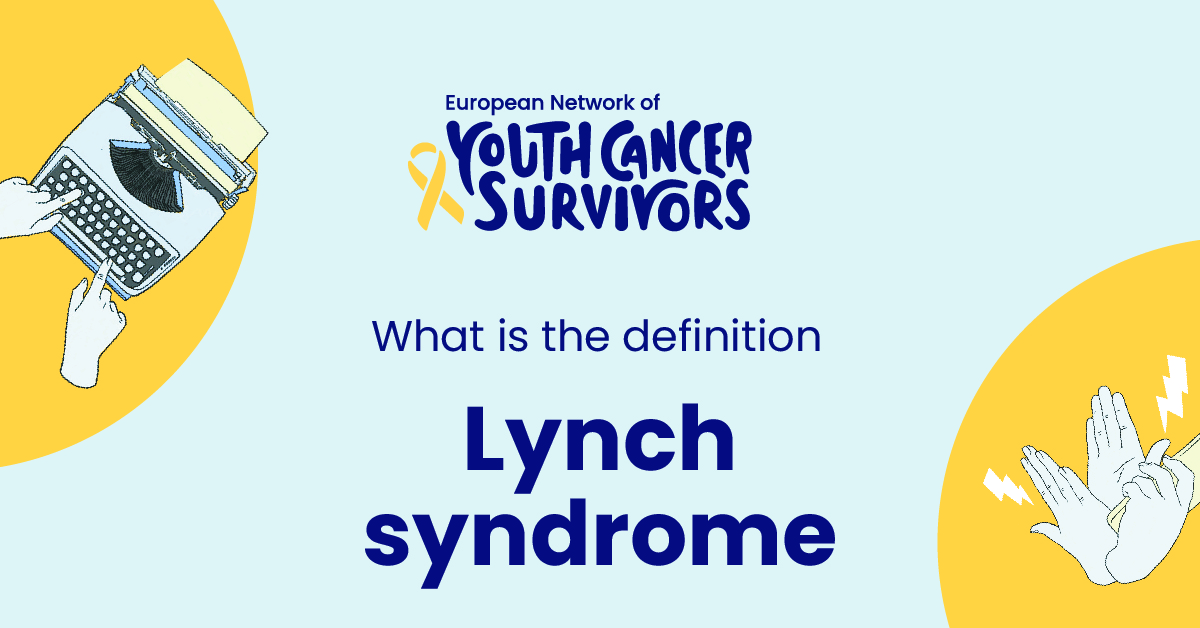
Lynch syndrome, also known as hereditary non-polyposis colorectal cancer (HNPCC), is one of the most common inherited cancer syndromes linked to an increased risk of various cancers, particularly colorectal and endometrial cancers. Understanding this hereditary disorder is pivotal in the early detection, appropriate treatment, and successful management of these cancers.
Understanding Genetics
Introduction to Genes and DNA
Our human body is an intricate machine that functions cohesively due to numerous genes carrying our DNA, which is essentially the biological instruction manual for life and its processes. It’s in these genes that we’ll find our unique genetic code that determines our traits and characteristics.
Concept of genetic mutations
Moreover, these genes can sometimes undergo mutations, which are essentially changes in the DNA sequence. While spontaneous mutations may occur, some mutations are hereditary, passed on from parents to their children.
Definition of Lynch Syndrome
Detailed explanation of Lynch syndrome
Lynch Syndrome, in essence, is a hereditary disorder caused by a mutation in the genes responsible for repairing mistakes in a cell’s DNA. As a result, it predisposes individuals to certain types of cancer, primarily colorectal and endometrial cancer.
Genes involved in Lynch Syndrome
Specific genes commonly mutated in Lynch Syndrome include MLH1, MSH2, MSH6, PMS2, and EPCAM. Mutations in any of these genes prevent the proper repair of DNA replication errors, leading to an increased risk of developing certain types of cancers.
Symptoms and Risks of Lynch Syndrome
Physical manifestations
Physically, Lynch Syndrome may present few signs or symptoms except for those associated with the particular types of cancers it predisposes to. The early onset of colorectal cancer, changes in bowel habits, and unexplained weight loss may all be early indications of this syndrome.
Unique risks associated with Lynch Syndrome
Risks associated with Lynch syndrome are largely due to the likeliness of developing cancer at a younger age than typically observed in the general population and the increased probability of experiencing multiple cancers over time.
Disease Progression and Complications
How Lynch Syndrome affects individuals over time
Over time, having Lynch Syndrome means living with an ongoing risk of developing cancer. The accumulation of unchecked DNA errors can eventually lead to tumor growth in various parts of the body, primarily the colon and the endometrium.
Potential complications and linked conditions
Apart from colorectal and endometrial cancers, individuals with Lynch syndrome may also develop urinary tract, ovarian, stomach, small intestine, hepatobiliary tract, brain, and skin cancers.
Diagnosis of Lynch Syndrome
Discuss diagnostic process
Diagnosis of Lynch Syndrome involves the identification of gene mutations through genetic testing, often prompted by a family history of related cancers or the identification of specific patterns in a person’s cancer history.
Role of genetic testing
In particular, genetic testing plays a vital role. A blood sample is usually tested to identify mutations in the MLH1, MSH2, MSH6, PMS2, and EPCAM genes.
Get to know us better
If you are reading this, you are in the right place – we do not care who you are and what you do, press the button and follow discussions live

Treatment and Management Options for Lynch Syndrome
Available treatments
While there is no cure for Lynch Syndrome itself, the focus is on cancer prevention and early detection. Prophylactic surgeries, regular screenings, endoscopic procedures, and specific cancer treatments may all be part of a comprehensive treatment plan.
Lifestyle modifications and supports
Lifestyle modifications and supports involve a balanced diet, regular exercise, avoiding known carcinogen exposure, or using nonsteroidal anti-inflammatory drugs (NSAIDs) to decrease cancer risk.
Conclusion
Lynch Syndrome, despite being a rare and inherited condition, carries significant weight due to its linkages with various cancers. Pioneering research, genetics, and medical intervention converge to provide hope and avenues for affected individuals and their families.
Frequently Asked Questions (FAQs)
- What is Lynch Syndrome and how is it caused?
Lynch Syndrome, or hereditary nonpolyposis colorectal cancer (HNPCC), is a genetic disorder that increases the risk of many types of cancer, particularly colorectal cancer and endometrial cancer. It is caused by mutations in genes that are responsible for DNA repair, namely MLH1, MSH2, MSH6, PMS2, and EPCAM.
- How is Lynch Syndrome diagnosed?
It’s usually diagnosed through genetic testing to identify mutations in the MLH1, MSH2, MSH6, PMS2, and EPCAM genes. Testing is often prompted by a family history of related cancers or the identification of specific patterns in a person’s cancer history.
- What are the risks and complications associated with Lynch Syndrome?
It mainly includes the risk of developing cancer at a younger age than the general population, and the increased probability of experiencing multiple cancers over time, primarily colorectal and endometrial cancers. Other cancers can include urinary tract, ovarian, stomach, small intestine, hepatobiliary tract, brain, and skin cancers.
- Can Lynch Syndrome be cured? If not, how can it be managed?
There is currently no cure for Lynch Syndrome, but there are several options for managing the condition, ranging from regular surveillance for cancer to preventative surgery. Lifestyle modifications can also assist in reducing risk.
- If one of my parents has Lynch Syndrome, what’s the likelihood of me inheriting it?
Lynch Syndrome is inherited in an autosomal dominant manner, meaning you have a 50% chance of inheriting the mutant gene from a parent with Lynch Syndrome. If you inherit the mutation, you are likely to have Lynch Syndrome.

















Comments
Thank you. Comment sent for approval.
Something is wrong, try again later